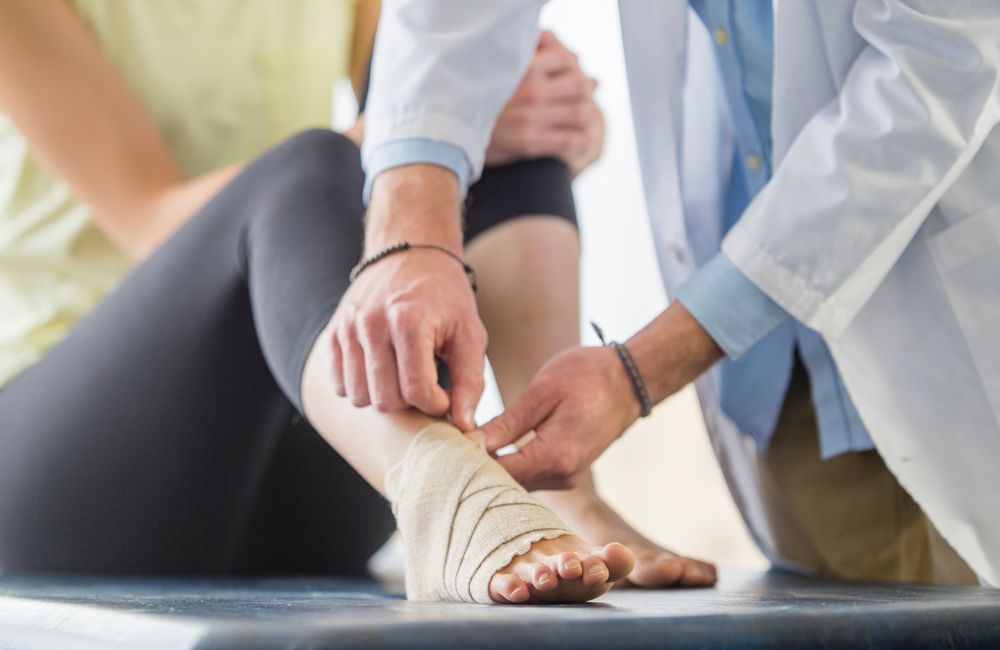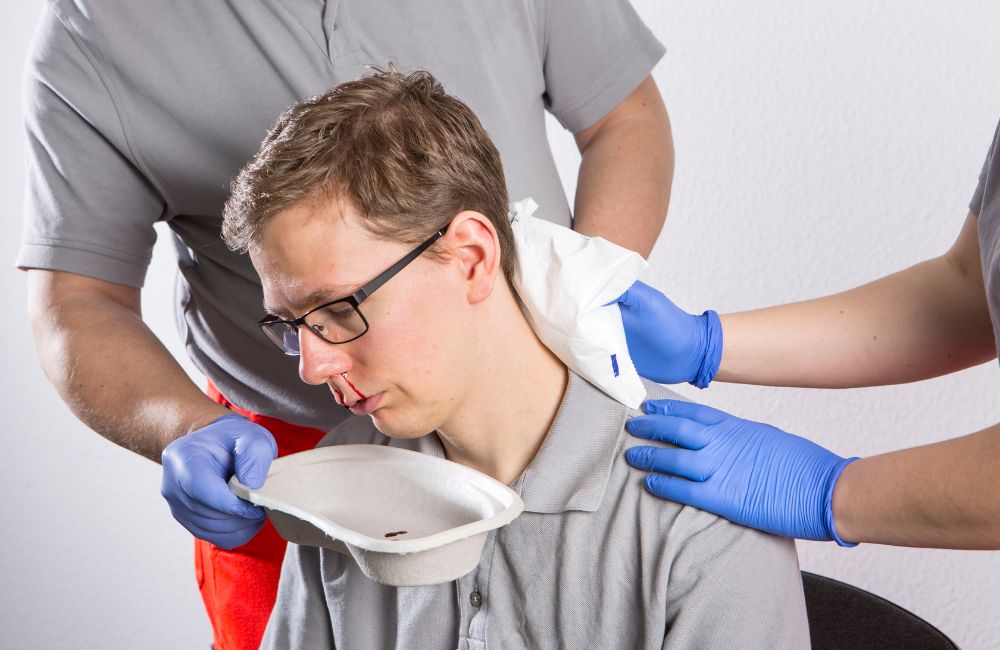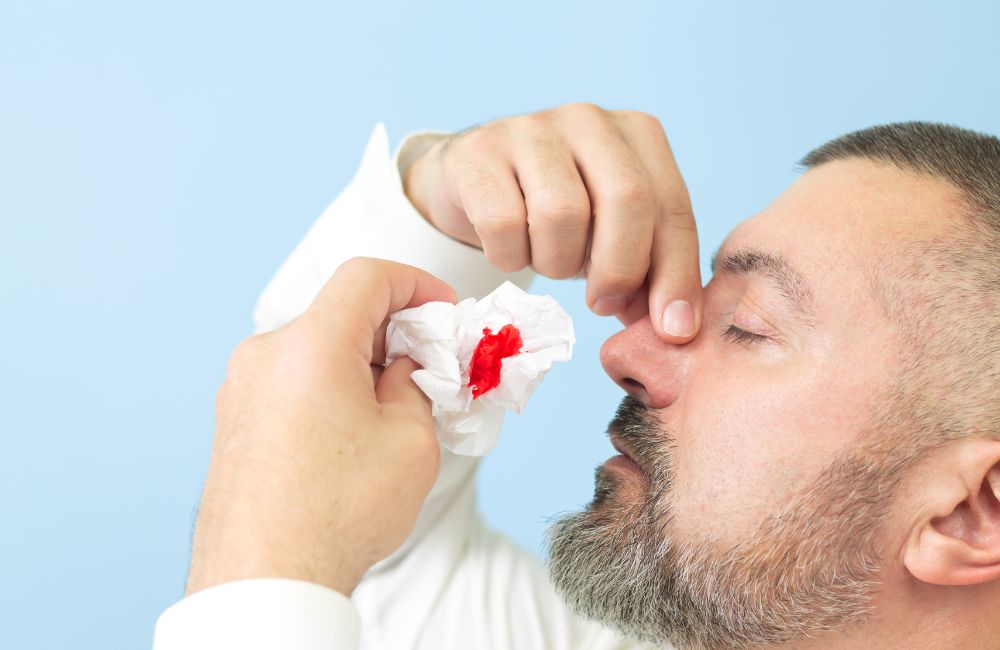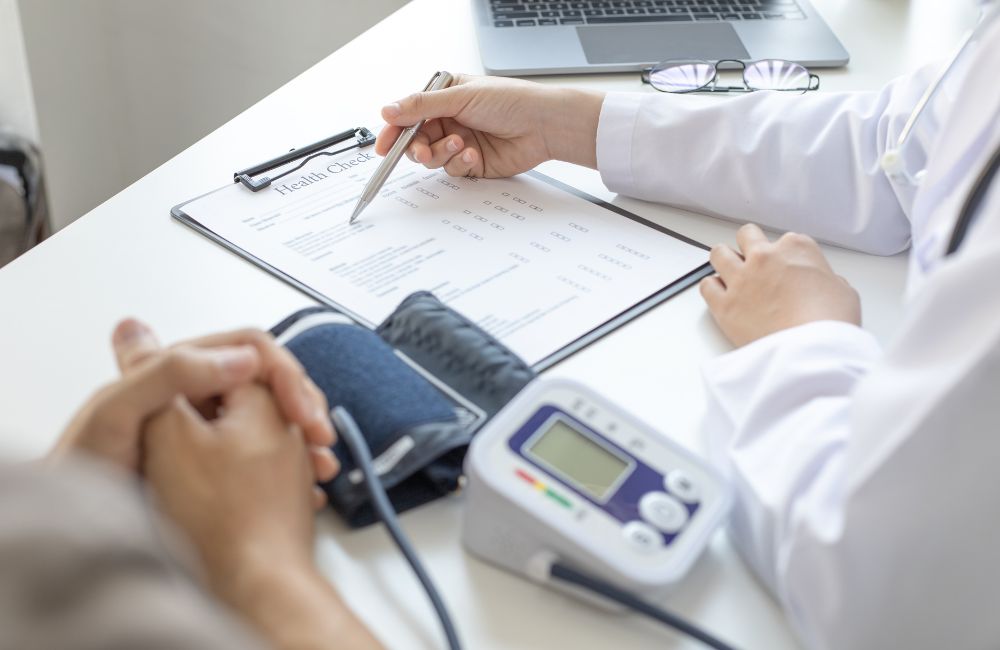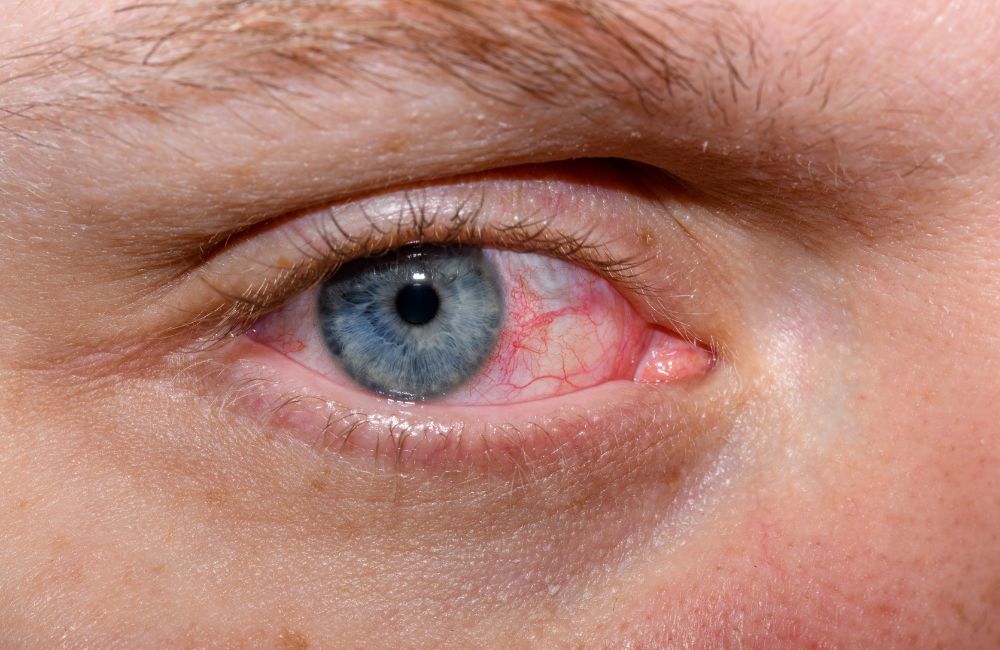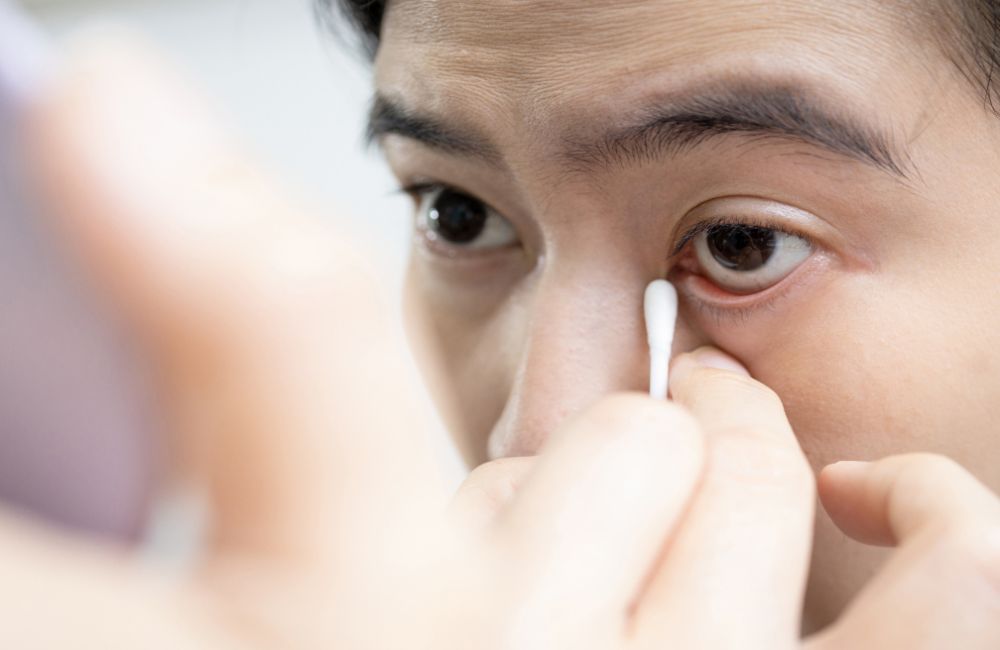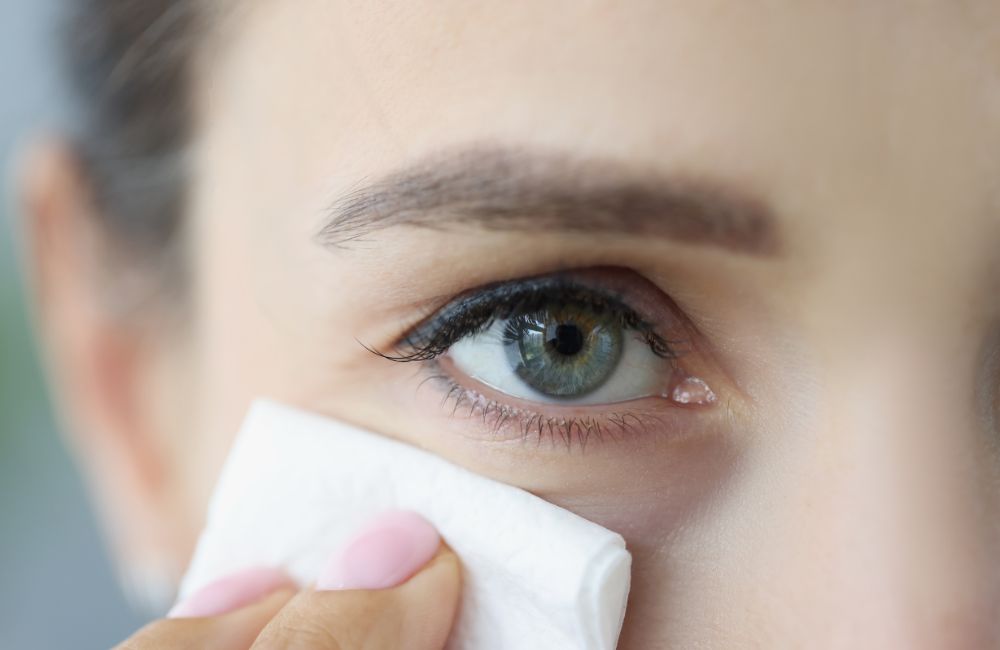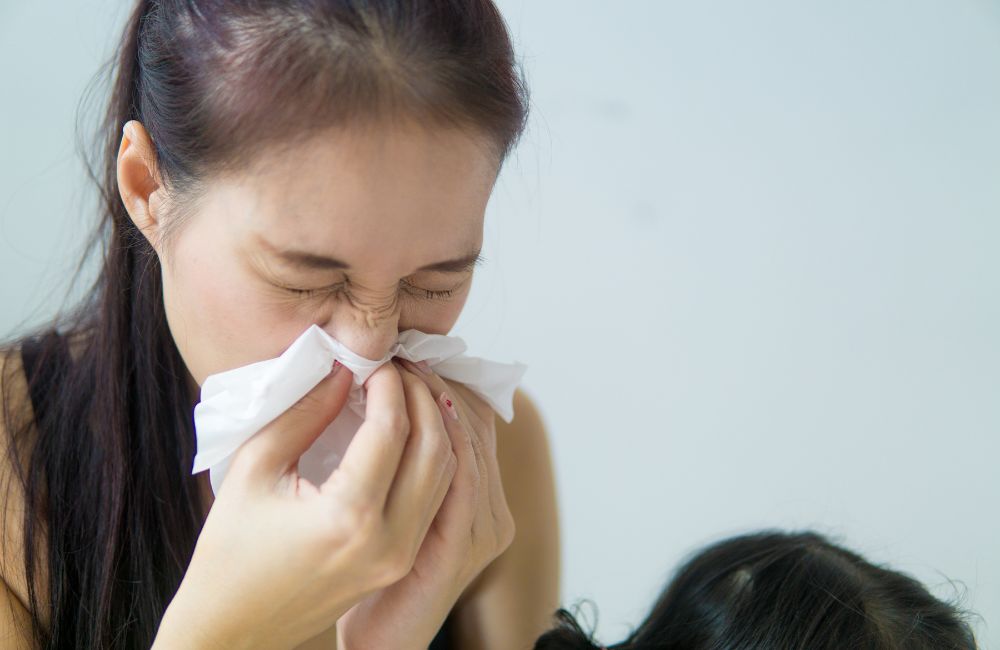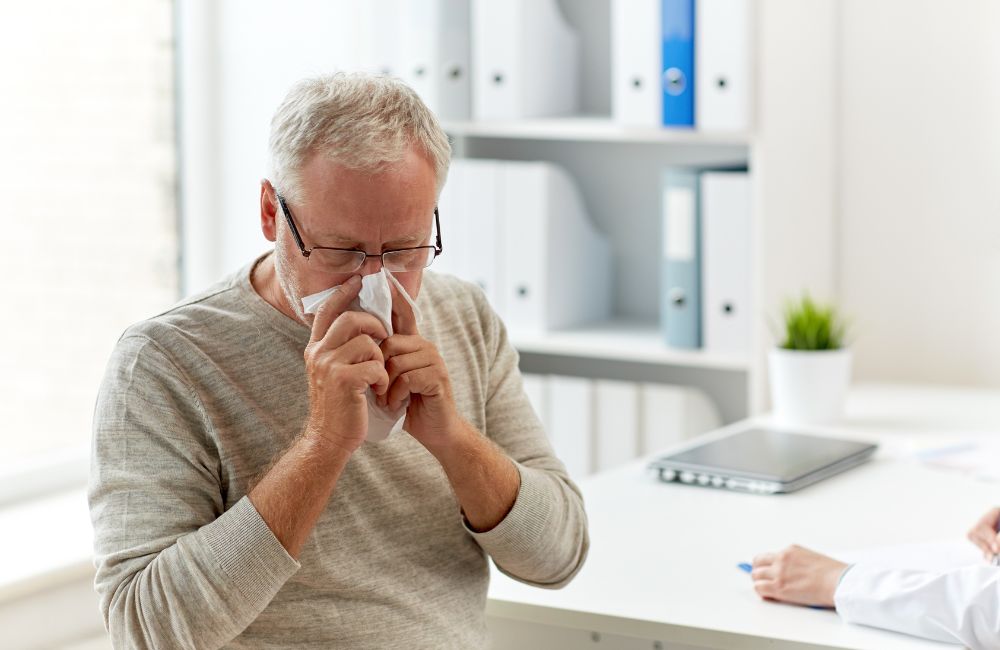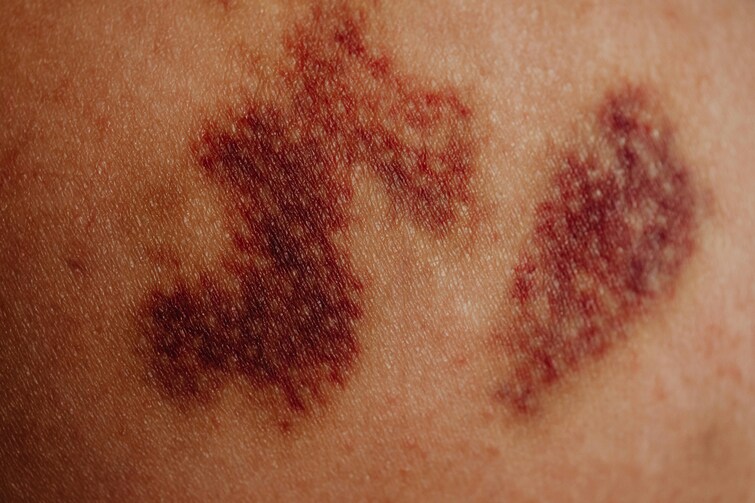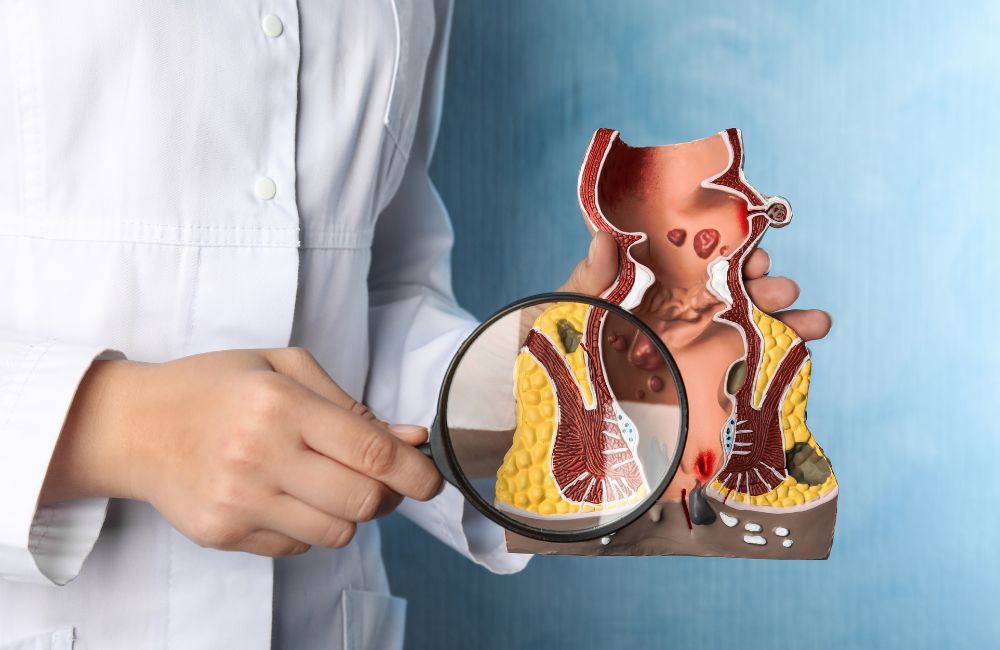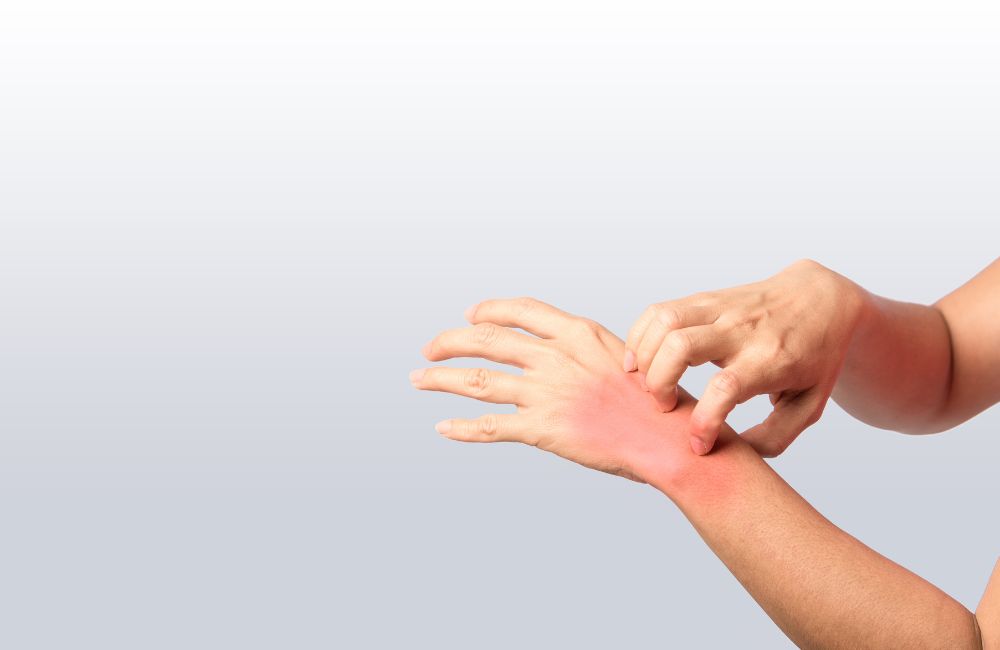
10 Effective Home Remedies for Heat Rashes: When to Seek Help from Urgent Care in Southington, CT
Heat rashes, or prickly heat or miliaria, are common skin conditions when sweat becomes trapped in the sweat ducts beneath the skin. Heat rashes are particularly prevalent in hot, humid environments and can affect people of all ages, especially those who are active or wearing tight clothing. Addressing heat rashes promptly is crucial to avoid complications such as infections. If you’re unsure where to start, we’ll explore effective home remedies for heat rashes and highlight when it is essential to seek help from urgent care in Southington, CT.

What Are Heat Rashes?
Heat rashes occur when sweat ducts become blocked and trap perspiration under the skin. This leads to inflammation and the formation of small, itchy bumps. They are most commonly found in areas where sweat tends to accumulate, such as the neck, back, chest, and skin folds. Heat rashes can range from mild to severe, depending on the extent of the blockage and the body’s reaction to it.
What Causes Heat Rashes?
Several factors can contribute to this condition, including:
- Environmental factors: Hot and humid weather is a primary cause of heat rashes, as it increases perspiration and the likelihood of sweat ducts becoming clogged.
- Physical activities: Intense physical activities that lead to excessive sweating can cause heat rashes. Sports, exercise, or any activity that generates a lot of heat can increase the risk.
- Skin sensitivity: Individuals with sensitive skin are more prone to developing heat rashes. Skin conditions like eczema or having a naturally sensitive skin type can exacerbate the issue.
Types of Heat Rashes
Heat rashes can manifest in different forms, each with its unique characteristics:
- Miliaria crystallina: This mild form of heat rash appears as tiny, clear, fluid-filled blisters that rupture easily. It is usually not itchy or painful.
- Miliaria rubra (Prickly Heat): Characterized by red bumps and a prickly sensation, this type is more uncomfortable and common. It can cause significant itching and a burning sensation. This is the most common form of miliaria, and is common in neonates between 1 and 3 weeks of age. It can also affect up to 30% of adults in hot and humid areas.
- Miliaria profunda: A rarer and more severe form, causing flesh-colored bumps that can lead to a lack of sweating in the affected area. This form can interfere with the body’s ability to regulate temperature and is often seen in individuals who have recurrent heat rashes.
Effective Home Remedies for Heat Rashes
Finding relief from heat rashes can be straightforward with the right home remedies. Here are ten effective methods to soothe and heal your skin.
1. Cold Compress
A cold compress can work wonders for heat rashes. The cooling effect helps to alleviate the burning and itching sensations, providing immediate relief. This method is particularly effective because it reduces the temperature of the skin, which in turn decreases the inflammation and discomfort associated with heat rashes. Here’s how to do it:
- Soak a clean cloth in cold water.
- Wring out the excess.
- Place it on the affected area for 10-15 minutes.
- Repeat several times a day.
2. Aloe Vera
Aloe vera is a powerhouse of skin benefits. Its natural properties help in soothing the skin, reducing redness, and providing a cooling effect. The gel forms a protective layer over the skin, which helps retain moisture and accelerates healing. Additionally, its antimicrobial properties help prevent any secondary infections that might arise from scratching the rash. Here’s how to do it:
- Cut an aloe vera leaf from the plant.
- Wash the aloe vera leaf thoroughly.
- Use a knife to carefully cut off the serrated edges of the leaf.
- Split the leaf lengthwise to expose the gel inside.
- Scoop out the fresh aloe vera gel with a spoon.
- Apply the extracted gel directly to the rash.
- Let the gel sit on the rash for 20-30 minutes.
- Rinse off the gel with cool water.
3. Calamine Lotion
Calamine lotion is a popular remedy for various skin irritations, including heat rashes. It has been a go-to remedy for many skin issues due to its soothing and protective properties, as advised by urgent care in Southington, CT. It contains zinc oxide and ferric oxide, which help to cool the skin and reduce itching. Applying calamine lotion not only provides immediate relief but also helps in drying out the rash, thus promoting faster healing. Here’s how to do it:
- Shake the bottle well.
- Pour a small amount of calamine lotion onto a cotton ball.
- Apply a thin layer of calamine lotion to the rash using the cotton ball.
- Let the calamine lotion dry naturally.
4. Baking Soda Bath
A baking soda bath can help soothe the skin and reduce the symptoms of heat rashes. It is an excellent remedy for heat rashes due to its anti-inflammatory properties. When added to a bath, it helps to neutralize acids on the skin and acts as a soothing agent. This can significantly reduce itching and inflammation, providing relief from the discomfort of heat rashes. Here’s how to do it:
- Fill the bathtub with lukewarm water.
- Add 1-2 cups of baking soda to the water.
- Stir the water to dissolve the baking soda.
- Soak in the bath for 15-20 minutes.
- Get out of the bath.
- Gently pat the skin dry with a soft towel.
5. Oatmeal Bath
Oatmeal is known for its anti-inflammatory and soothing properties, making it an excellent remedy for heat rashes. Oatmeal baths are a well-known remedy for various skin conditions due to their soothing and moisturizing effects. The fine powder of oatmeal helps to cleanse the skin gently while providing a protective barrier that locks in moisture. This can help reduce itching, redness, and irritation caused by heat rashes. Colloidal oatmeal, which is specifically processed for baths, is particularly effective. Here’s how to do it:
- Measure 1-2 cups of oatmeal.
- Grind the oatmeal into a fine powder using a blender or food processor.
- Fill the bathtub with lukewarm water.
- Add the oatmeal powder to the bathwater.
- Stir the water to distribute the oatmeal.
- Soak in the bath for 15-20 minutes.
- Rinse off with cool water.
6. Coconut Oil
Coconut oil is a natural moisturizer that can help soothe and heal heat rashes. Additionally, its antibacterial properties can help prevent infections, making it a safe and effective home remedy for heat rashes. Virgin coconut oil is preferable due to its higher purity and lack of additives. It can be applied several times a day to keep the skin soft and prevent further irritation from dryness. Here’s how to do it:
- Scoop out a small amount of virgin coconut oil.
- Apply a thin layer of the coconut oil to the affected area.
- Leave the coconut oil on for at least 30 minutes.
- Rinse with cool water if necessary.
7. Tea Tree Oil
Tea tree oil has antimicrobial properties that can help prevent infection and soothe heat rashes. When diluted and applied to heat rashes, it can help to reduce inflammation and prevent bacterial infections. This makes it a powerful remedy for treating heat rashes, especially those that are at risk of becoming infected. It’s important to always dilute tea tree oil with a carrier oil to avoid skin irritation, as it can be quite potent on its own. Here’s how to do it:
- Pour a small amount of carrier oil (such as coconut oil) into a bowl.
- Add a few drops of tea tree oil to the carrier oil.
- Mix the oils thoroughly.
- Apply the diluted oil mixture to the rash.
- Leave the mixture on for 15-20 minutes.
- Rinse the area with water.
8. Chamomile Tea
Chamomile tea is a natural anti-inflammatory agent that can help soothe the skin and reduce the symptoms of heat rashes. Chamomile contains compounds like bisabolol and chamazulene, which have anti-inflammatory and skin-soothing properties. Using a clean cloth to apply the tea ensures hygiene and reduces the risk of infection. Here’s how to do it:
- Brew a strong cup of chamomile tea.
- Let the tea cool completely.
- Soak a clean cloth in the cooled tea.
- Apply the soaked cloth to the rash.
- Leave it on for 10-15 minutes.
9. Cornstarch
Cornstarch is an excellent remedy for heat rashes as it helps to keep the skin dry. By absorbing excess moisture, it can prevent the sweat ducts from becoming blocked, thereby reducing the severity of heat rashes. It’s important to apply it in a thin layer to avoid clogging pores and causing additional irritation. Cornstarch can be particularly useful for areas of the body that are prone to sweating, such as underarms and groin. Here’s how to do it:
- Bathe and dry the skin.
- Apply a small amount of cornstarch to the affected area.
- Let the cornstarch sit for 10-15 minutes.
- Rinse off with cool water.
10. Hydration and Cooling
Staying hydrated is crucial in managing heat rashes. Drinking plenty of water helps to regulate body temperature and reduce the risk of heat rashes, a key recommendation from urgent care in Southington, CT. Additionally, staying in cool environments and avoiding excessive heat exposure can prevent sweat ducts from becoming blocked. Here’s how to do it:
- Drink plenty of water throughout the day.
- Avoid excessive heat exposure.
- Use fans or air conditioning to stay cool.
- Take cool showers to lower body temperature.
- Wear loose, breathable clothing.
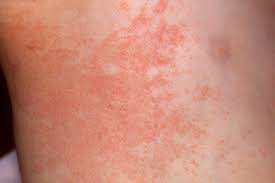
When to Seek Help from Urgent Care in Southington, CT
While home remedies can effectively manage most heat rashes, there are instances when professional medical help is necessary. Urgent care in Southington, CT, can provide the needed assistance.
Signs That Require Medical Attention from Urgent Care in Southington, CT
If you experience any of the following symptoms, it is crucial to seek help from urgent care in Southington, CT:
- Severe or Persistent Rashes: If the rash does not improve after several days of home treatment, medical intervention may be needed. Visiting urgent care in Southington, CT, can help you get the necessary treatment.
- Signs of Infection: Symptoms such as increased pain, swelling, redness, or pus indicate an infection that requires medical attention. Urgent care in Southington, CT, can provide the appropriate antibiotics or other treatments.
- High Fever or Other Systemic Symptoms: A high fever, chills, or a general feeling of unwellness may suggest a more severe condition. It’s important to seek urgent care in Southington, CT, to rule out any serious underlying issues.
- Spreading Rash: If the rash begins to spread to other areas of the body, it could indicate a more serious underlying condition. Prompt evaluation at urgent care in Southington, CT, is recommended.
- Severe Itching and Discomfort: If the itching and discomfort are severe and interfere with daily activities or sleep, seeking medical attention is important. Urgent care in Southington, CT, can provide treatments to alleviate these symptoms.

What to Expect at Urgent Care in Southington, CT
When you visit urgent care in Southington, CT, for heat rashes, you can expect the following:
- Diagnostic Procedures: The healthcare provider at urgent care in Southington, CT, will examine the rash and may take a sample if an infection is suspected.
- Treatment Options: Depending on the severity, treatment may include topical or oral medications to reduce inflammation and treat any infections.
- Patient History: The healthcare provider at urgent care in Southington, CT, will ask about your medical history, recent activities, and any potential exposure to allergens or irritants to understand the underlying cause of the heat rash.
- Advice on Home Care: You will receive detailed instructions from urgent care in Southington, CT, on how to care for your skin at home, including recommendations on over-the-counter treatments and lifestyle changes to prevent future occurrences.
- Follow-up Care: In some cases, the healthcare provider at urgent care in Southington, CT, may schedule a follow-up appointment to monitor your progress and ensure that the rash is healing properly. They may also provide additional treatments if necessary.
- Allergy Testing: If an allergic reaction is suspected as the cause of the heat rash, the healthcare provider at urgent care in Southington, CT, may recommend allergy testing to identify specific allergens and help you avoid future outbreaks.
Frequently Asked Questions
Does apple cider vinegar help sweat rash?
Yes, apple cider vinegar can help with sweat rash. Apple cider vinegar has antibacterial and anti-inflammatory properties that can soothe the skin and reduce symptoms of sweat rash. To use it, dilute apple cider vinegar with water in a 1:1 ratio and apply it to the rash with a cotton ball. Leave it on for 10-15 minutes before rinsing off with cool water. This can help balance the skin’s pH, reduce itching, and prevent infection.
How long does a sweat rash take to heal?
A sweat rash typically takes a few days to a couple of weeks to heal, depending on the severity and treatment. Mild cases of sweat rash can improve within a few days with proper care, including keeping the area cool and dry, and using home remedies such as cold compresses, aloe vera, or calamine lotion. More severe cases may take longer to heal and may require medical treatment, such as topical or oral medications prescribed by a healthcare provider.
What antibiotics treat sweat rash?
Antibiotics are generally not required for treating sweat rash unless there is a bacterial infection. If a bacterial infection is present, a healthcare provider may prescribe topical or oral antibiotics such as mupirocin, clindamycin, or oral antibiotics like cephalexin. It is essential to seek medical advice to determine if antibiotics are necessary and to receive the appropriate prescription.
How do you tell if a rash is fungal or bacterial?
To determine if a rash is fungal or bacterial, a healthcare provider will evaluate the appearance of the rash and may perform diagnostic tests. Fungal rashes typically present as red, itchy, scaly patches with a well-defined border. They are often found in warm, moist areas of the body, such as the groin, armpits, or between toes. A KOH test (potassium hydroxide preparation) may be performed to confirm a fungal infection. Bacterial rashes often appear as red, swollen areas that may be warm to the touch and can produce pus or other discharge. Bacterial infections may also cause systemic symptoms like fever. A bacterial culture or a sample of the infected area may be taken to identify the specific bacteria.
Will antihistamine help with sweat rash?
Yes, antihistamines can help relieve the itching and discomfort associated with sweat rash. Antihistamines like diphenhydramine (Benadryl) or cetirizine (Zyrtec) can reduce itching and inflammation caused by the rash. They are particularly useful if the rash is causing significant itching and affecting your comfort or sleep.
Visit DOCS Urgent Care – Southington for Expert Heat Rash Treatment
If you or a loved one is dealing with a heat rash that isn’t improving with home remedies or is showing signs of infection, it’s time to seek professional medical help. Residents of Southington, CT, can rely on DOCS Urgent Care – Southington for prompt and effective treatment. Our experienced healthcare providers are ready to assist you with all your urgent care needs.
Visit us at DOCS Urgent Care – Southington for expert care and get back to feeling your best. For more information or to schedule an appointment, contact us today!

Recent Posts
- Top 6 Home Remedies for Tick Bites and When to Seek Urgent Care in Norwalk, CT
- 4 Best Sleeping Positions for Sinusitis Relief: Insights from Urgent Care in Stamford, CT
- 10 Tips for Managing Nausea During Pregnancy: Advice from a Primary Care Doctor in West Hartford, CT
- 6 Essential Steps to Take After a Scorpion Sting – Advice from a Primary Care Doctor in Bridgeport, CT
- 10 Warning Signs That Your Child’s Vertigo Requires Medical Attention from a Primary Care Doctor in Danbury, CT
Categories




